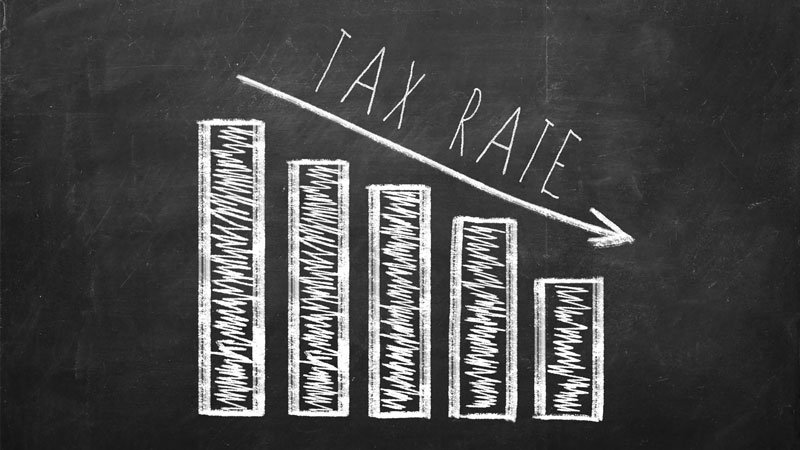Using Rental Property Depreciation to Reduce Your Tax Burden
Real estate is one of the most tax advantaged investments. And one of the greatest tax benefits of investing in real estate is depreciation. In commercial real estate, we can use depreciation to create a phantom, or paper loss that can be used to offset otherwise taxable gains. Being able to generate real estate income, and defer paying the government taxes on that income is a huge benefit.
So, what exactly is depreciation?
In accounting terms, depreciation is simply the reduction in value of an item over time due to normal wear and tear. In essence, the tax code allows us to take the amount a property depreciates, or declines in value in a given year, and deduct it from the taxable income generated by that property.
The IRS estimates different useful life spans for different assets. For apartment buildings, the IRS has assigned a useful life of 27 ½ years. Now, we all know that apartment buildings can last a lot longer than 27 ½ years. But under our tax code, if we buy an investment property, we separate the value of the building from the value of the land we’re buying, and we can then depreciate the value of the building over its useful life.
So, for example, if the building value of an apartment complex is $27.5M, in year 1, we can offset the taxable income that the apartment complex generates by $500K, and every year after that for the next 27 years of ownership, we can deduct $1M from our taxable income.
But what if you don’t plan on owning an apartment complex for the full 27 ½ years? For example, investments at Prosperity CRE are typically only held for 5 to 7 years. By conducting a special study, called a cost segregation study, we can itemize each of the components of the building, and under the tax code, many of those components will depreciate on a much shorter time frame. Some
depreciate over 5 years, some over 7 years, some over 15 years. And when we depreciate based off of the useful life of the individual components, it allows us to accelerate the depreciation. That gives us the ability to give our investors much larger paper losses to offset their taxable income during the earlier years of ownership. It’s a strategy that really works well with our 5 – 7 year typical holding period.
Thanks to the Tax Cuts and Jobs Act of 2017, for properties that we are acquiring up to the end of 2022, we also have the benefit of bonus depreciation, which essentially gives us the ability to depreciate in the first year of ownership,50% of the depreciation of certain personal property and building components that would otherwise depreciate over 5, 7 and 15 year periods.
It’s important to remember that depreciation is a tax deferral strategy. By itself, it’s not a tax elimination strategy. When you go to sell the property, the amount you depreciated to offset your taxable gains is recaptured, and taxed. That is unless you are able to benefit from one of the other great investment property tax advantages… the 1031 exchange.
If you’d like to learn more about the 1031 exchange, see our article on the topic.
We hope you found this article helpful. If you’d like to learn more about Prosperity CRE’s approach to real estate investing to generate ongoing cash flow and building long term wealth, you can receive a complimentary copy of our real estate investment book by clicking the link below.
ORDER FREE BOOK

